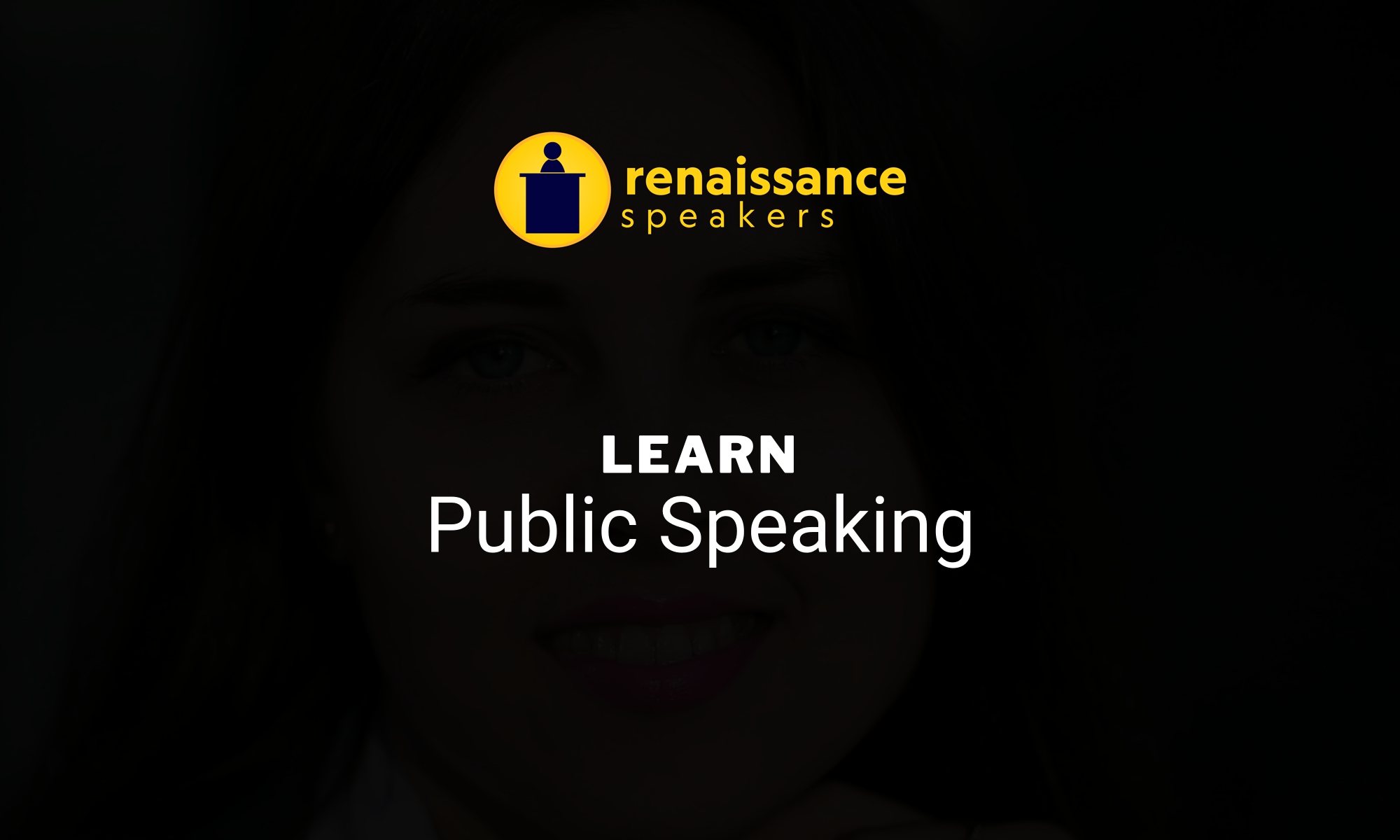
Public Speaking is one of the greatest fears many people have. And rightfully so! Often, would-be speakers imagine all manner of disasters befalling them should they speak their mind aloud. (Besides, who else needs to know if you had too many chocolate chip cookies for lunch, anyway?)
Public Speakers have been ridiculed, abused and even killed for expressing contrary views to generally held beliefs. (Be glad you didn’t discover the world was not flat).
However, if you want to convey yourself, your company, your products, your services, your art, your ideas, your opinions or your interest in chocolate chip cookies clearly and effectively to many people, it’s more efficient to get in front of groups of people and communicate!
So, how does one handle stage fright? Wear a suit-of-armor and hold a large shield in between you (as a speaker), and the audience! Short of such accouterments, a secondary solution is to be prepared, rehearsed and confident about the material you will be presenting.
And if all that sounds like too much work, you can always resort to speaking in earnest. Speaking in earnest means to communicate with a “purposeful or sincere intent.” It can also mean to be serious or determined in your speech. (Do you really love chocolate chip cookies, or are they just another kind of cookie?)
Yes, there are many “techniques” or “skills” that a professional speaker can incorporate into a presentation to add interest. But maybe you don’t have the time, interest, inclination (or are too afraid) to learn some public speaking basics.
“Speaking in earnest” will get your message across in a way that no other delivery method can match. That’s not to suggest that one shouldn’t learn the basics of good public speaking. Such information is readily available from your local library, your nearby high school or college, or your neighborhood Toastmaster club (Toastmasters is a non-profit, international, public speaking organization).
But speaking in earnest is a direct connection to your listeners heart. Speaking with total sincerity and conviction will do more to affect your audience than any number of artfully executed techniques.
If you think of the last time a friend really inspired you with his description of a good movie, or an enjoyable vacation, or you were impressed by someone’s presentation of a business plan, or a concert they enjoyed, it was likely that the speaker truly believed in what he or she was talking about. That emotion can be transferred to another, or many others, when it is relayed along a channel that includes a speakers own emotional involvement.
As an example, consider a subject that you are really interested in – something that you have some passion for. Something that moves you, emotionally (say…chocolate chip cookies!) Now consider the manner in which you may convey that subject to someone else, and then compare that to how you might speak to the same person about having to pay your taxes. I’ll bet that the chocolate chip cookies rate higher on that internal emotional-interest thermometer!
With no conscious effort of your own, you are able to communicate more effectively on subjects that you are truly involved or interested in.
Speaking in earnest is one of the most fundamental public communication skills, and it’s something that you already inherently have the capacity to express with subjects you hold dear to your heart.
And by the way, who cares how may chocolate chip cookies you had for lunch!?
George is a Distinguished Toastmaster (DTM); Principal of SkyworksMarketing.com; Founder of NonProfitFire.org; Past President of the Renaissance Speakers (1999-2000); Cable TV Producer (OurVentura.com); and an ardent motorcycle and photography enthusiast. (He also eats too much organic dark chocolate). Visit GeorgeAlger.com for more info.
